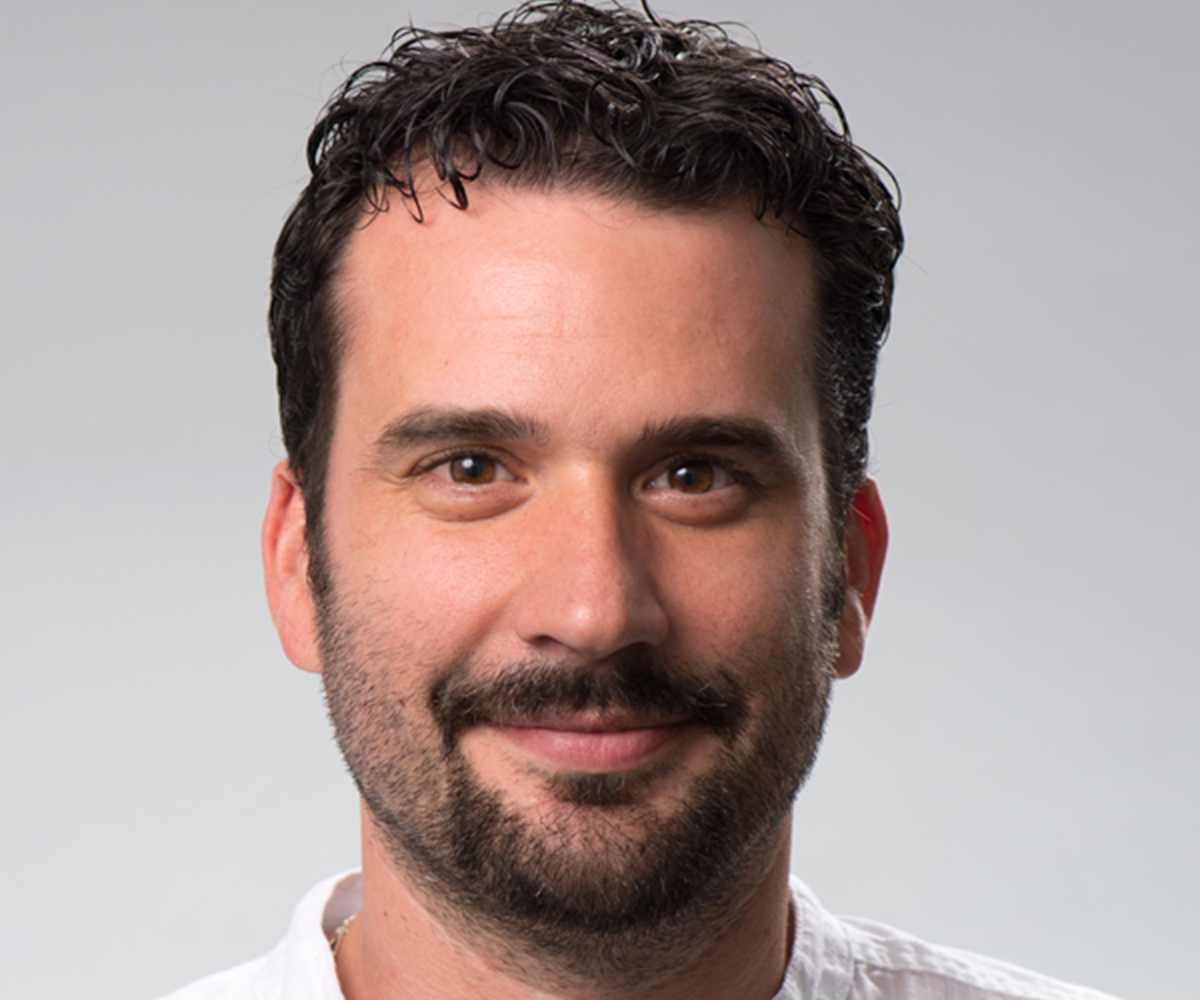
Persistent exposure to antigens renders T cells dysfunctional. The mechanisms regulating this “exhaustion” have been presumed to be common in infection and cancer. Ludwig Lausanne’s Grégory Verdeil and colleagues showed in a September publication in Nature Immunology that this is not the case. They reported that the protein NFAT5 is highly expressed in exhausted T cells responding to both chronic infection and cancer—but only induces exhaustion in T cells in the tumor microenvironment. Grégory and his colleagues showed that overexpressing NFAT5 reduces tumor control in mouse models of cancer, while its deletion makes T cells resistant to exhaustion and improves tumor control in those models. The researchers found that the latter effect stems from an accumulation of CD8+ T cells that express relatively low levels of exhaustion-associated proteins PD-1 and TOX. A subgroup of these cells within tumors that play an important role in anti-tumor immune responses—precursor exhausted T cells—produces more of the immune factors IFN-γ and TNF, which are associated with T cell activation. The researchers also demonstrated that although NFAT5 level is high in exhausted T cells during chronic infection, it is not active in these cells and its activity is only triggered in the tumor microenvironment. Their discovery points to an approach to selectively boost anti-tumor T cell responses for cancer immunotherapy.
Activation of the transcription factor NFAT5 in the tumor microenvironment enforces CD8+ T cell exhaustion
Nature Immunology, 2023 September 14